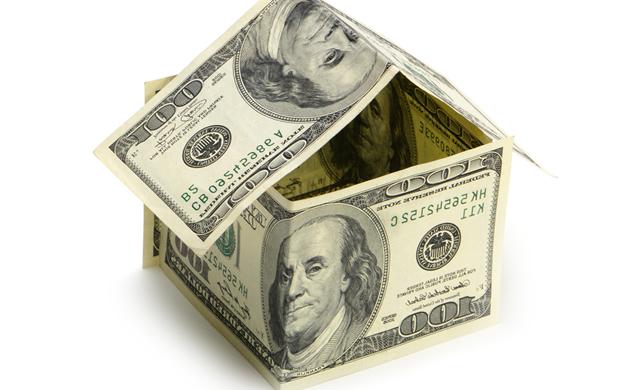An important part of the homebuying process that you may never have heard of could help you land the home of your dreams. Here’s an explanation of how earnest money works in a real estate transaction.
What is Earnest Money?
Earnest money is an amount agreed to in the real estate contract that you will pay soon after entering into a contract as a show of “good faith” that you intend to purchase the property. If the deal closes, the earnest money is typically credited toward your home purchase.
How Much Earnest Money is Enough?
Choosing the right amount can show a seller you’re a serious buyer. A larger deposit might be one way to make your offer stand out among other offers, but you want to choose an amount you are comfortable with. Your Texas REALTOR® can help you make an informed decision about how much earnest money to include with your offer.
Who Holds onto the Earnest Money?
It usually goes to an escrow agent—an impartial third party, such as a title company—who holds it until the transaction closes.
Who Gets the Earnest Money if the Transaction Doesn’t Close?
If the transaction doesn’t close, the terms of the contract determine who receives the earnest money. For instance, the earnest money is typically returned to the buyer if the buyer exercises his right to terminate during the option period. If the buyer and seller can’t agree on who is entitled to the earnest money, things can get messy, sometimes even ending up in court.


There are several points in the contract where Buyer can terminate without forfeiting the earnest money, but the option period is probably the easiest to explain. It needs to be pointed out that when you say the title company “holds” the money, some take it literally, thinking they can submit a “warm” check. Now, I am specific – title company deposits and holds.
Thank you for these tidbits of education information. I use these to send to my buyers and sellers.
I can add additional information and overview. This is a great foundation. Keep up the good work.
I’m currently at this point with a property of my own. No notice the buyer couldn’t qualify , no communication from the lender to the title company, no extension, nothing… we passed the option, we passed the time to obtain a loan we are now out of contract. Now the buyer/agent wants the EM and won’t release the EM to me after I chose to go with her as a buyer over another offer. My thinking was that she was an gent..no problems.HA!!
Whatever happened here?
earnest money in empty land
No survey , Buyer ask for survey It was don in a week Should I keep the ernest money? as a seller?
If a buyer terminated during option period and seller has not signed the Return of Earnest Money, can the seller put the house back on the market and accept another contract while this contract is not resolved.
How long can an escrow agent, of an executed “one to four family residential contract (resale), Legally withhold a buyers earnest money? Assumptions to question are as follows: 1. Buyer and seller entered into and executed resale contract in “good faith.” 2. Buyer, delivered, the stated earnest money in executed contract, to named escrow agent in the contract, within the allowed days, after the effective date of executed contract. Escrow agent, acknowledged by depositing buyer earnest money. 3. Buyer, also delivered, to escrow agent, in executed contract, the required “Option Fee,” as stated in executed contract, as nominal consideration to… Read more »
If Ernest money is put down, can the seller continue to seek out other possible buyers?
If a buyer does not show up for closing, is the seller entitled to thee earnest money
We are selling a house to our daughter. We don’t need any earnest money. Is the Texas TREC contract legal without including earnest money?
What happens if after 6 months we can’t close is amendment over amendment to change the closing date the buyer doesn’t want to wait anymore can he get his earnest money back?
That’s actually a terrible explanation of what happens to Ernest money, TexasRealEstate.com. Its explained very clearly in the contract. The buyer has 15 days to respond.
Can earnest money amounts be considered discriminatory? The reason I post this question is recently I was working with a VA buyer who only wanted to put down 1% where they lived and agent sent a note back to me as the buyers agent that if the buyer was not willing to put down 2% or more that their offer was going to be considered a week offer, and likely not even to be considered. My buyers felt that this was highly discriminatory based on the amount of requested earnest money. My buyers already had an approved, VA loan amount… Read more »
The title company made us miss the closing date, no one asked me, the seller, for an extension or even had a conversation about missing the closing, so i demanded the earnest money as Texas law requires. The title company refused so i filed an official complaint, now what?